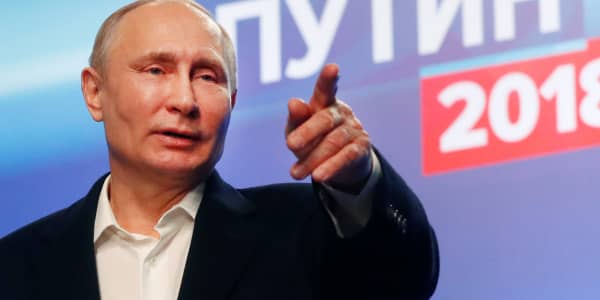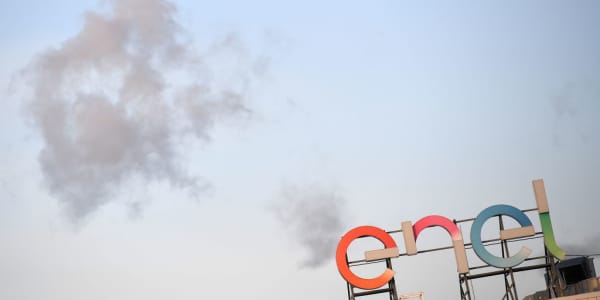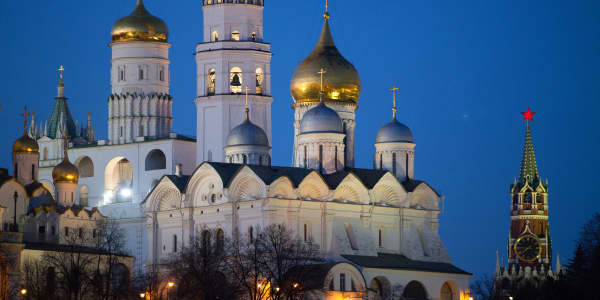Russia's financial and political elite will descend on St. Petersburg this week for the country's flagship economic summit at a time of heightened uncertainty for the world's 10th-biggest economy.
The annual St. Petersburg International Economic Forum will take place from June 16-18, with Russian President Vladimir Putin speaking and around 10,000 participants expected. This year's theme is "capitalizing on the new economic reality" — which for Russia is looking bleak.
The International Monetary Fund forecasts its economy will shrink by 1.8 percent in 2016, having contracted by 3.7 percent in 2015. Two of the reasons for the recession are well-known — the collapse in crude oil prices and the international sanctions levied in response to Russia's incursion in Crimea. In addition, the country must also contend with legislative elections in September that may delay reforms needed to bring public finances into better order.
"The parliamentary election in September and also the presidential election in 2018 (will) definitely have an impact on policymaking in the sense that the most difficult reforms are likely to be postponed," Liza Ermolenko told CNBC on Friday via email.
One of the most high-profile proposed reforms was an increase in the pension age from 60-years-old for men and 55 for women, the emerging markets economist said. "Many government officials and independent analysts agree the pension age will need to increase ultimately to put the public finances on to a sustainable footing, but such a sensible decision is unlikely to be adopted before 2018."
All seats in the lower house of the Russian assembly, called the Duma, are up for grabs in the September election. However, President Vladimir Putin's United Russia party is expected to maintain its majority.
The election was originally slated to be held in December. Some analysts say the Kremlin changed the date on the assumption that opposition parties would find it harder to galvanize support in the summer vacation months.
"The Duma is basically a rubber stamp for Putin. With United Russia tipped to win, there really aren't any policy implications. Putin remains in charge no matter what," Win Thin, head of emerging markets foreign exchange at BBH, told CNBC on Friday via email.
Government departments have been told to cut spending by 10 percent this year in an attempt to halt the spiral in the federal budget deficit, according to media reports.
In May, Russian Finance Minister Anton Siluanov said the deficit would come in at 3 percent of gross domestic product (GDP) in 2016, assuming oil prices averaged $40 per barrel, according to media reports. In 2015, Russia reported a deficit of 2.6 percent.
Energy Futures
Otilia Dhand said that given the state of the Russian budget, some reforms might still take place ahead of the elections.
"Some measures, such as the pension reform, are probably inevitable. However, as any government ahead of elections, the Kremlin will try to keep the pain to the minimum necessary," she told CNBC via email on Friday.




